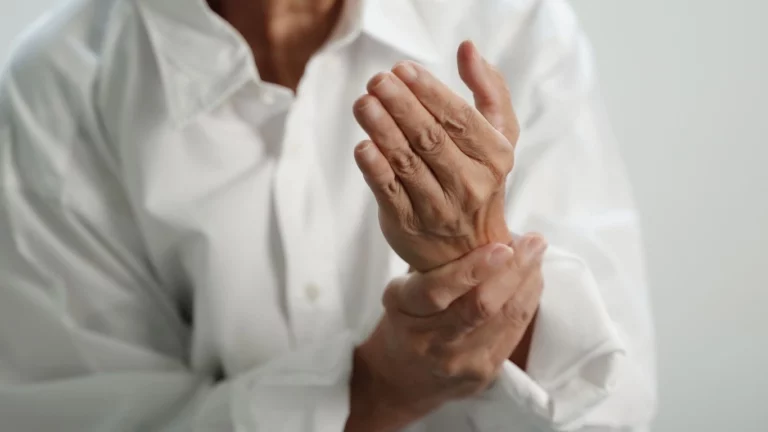Complete Guide to GERD: Symptoms, Treatment, and Prevention
Introduction:
Gastroesophageal Reflux Disease (GERD) is a chronic digestive condition that affects millions worldwide. If you’ve been struggling with heartburn or acid reflux, it’s essential to understand the causes, symptoms, and how to effectively manage and treat GERD. This guide dives deep into the condition, offering valuable tips, remedies, and lifestyle changes to help ease the symptoms.
What is GERD?

GERD occurs when stomach acid frequently flows back into the esophagus, irritating the lining. This can lead to uncomfortable symptoms like heartburn, regurgitation, chest pain, and difficulty swallowing. Left untreated, GERD can lead to serious complications, including esophageal damage or cancer.
Symptoms typically occur more than twice a week, and if you’re experiencing this, it’s time to pay attention!
Causes of GERD

The causes of GERD are often linked to lifestyle habits and genetics. Common causes include obesity, smoking, certain medications, and a poor diet. Eating large meals, lying down after eating, or snacking close to bedtime can also increase the chances of developing GERD.
Managing GERD Symptoms

Managing GERD symptoms typically involves lifestyle changes, medication, and, in some cases, surgery. Start by making simple changes: avoid spicy foods, caffeine, and citrus, and don’t lie down immediately after eating. Consider over-the-counter medications like antacids or H2 blockers. For chronic or severe cases, doctors may prescribe proton pump inhibitors or recommend surgical intervention.
Case Study: Success Story of GERD Treatment

Let’s look at Sarah’s success story. After years of struggling with heartburn, Sarah followed her doctor’s advice on diet changes and took prescribed medications. She saw significant improvement within weeks. By making lifestyle changes and sticking to her treatment plan, Sarah now enjoys a reflux-free life.
Key Takeaways
Managing GERD requires understanding your triggers and making gradual lifestyle changes. Treatment varies from simple medication to surgery, depending on the severity of your condition.
Frequently Asked Questions
- What foods should I avoid with GERD? Avoid spicy, fatty foods, chocolate, coffee, and acidic foods like tomatoes and citrus fruits.
- Can GERD be cured? While GERD may not be fully curable, it can be managed with the right treatment and lifestyle adjustments.
- Is surgery necessary for GERD? Surgery is typically a last resort for severe cases when other treatments fail.
Call to Action
If you’re experiencing GERD symptoms, don’t wait! Start by making healthier lifestyle choices and consult your healthcare provider to explore your treatment options. Take charge of your health today!

Camellia Wulansari is a dedicated Medical Assistant at a local clinic and a passionate health writer at Healthusias.com. With years of hands-on experience in patient care and a deep interest in preventive medicine, she bridges the gap between clinical knowledge and accessible health information. Camellia specializes in writing about digestive health, chronic conditions like GERD and hypertension, respiratory issues, and autoimmune diseases, aiming to empower readers with practical, easy-to-understand insights. When she’s not assisting patients or writing, you’ll find her enjoying quiet mornings with coffee and a medical journal in hand—or jamming to her favorite metal band, Lamb of God.







